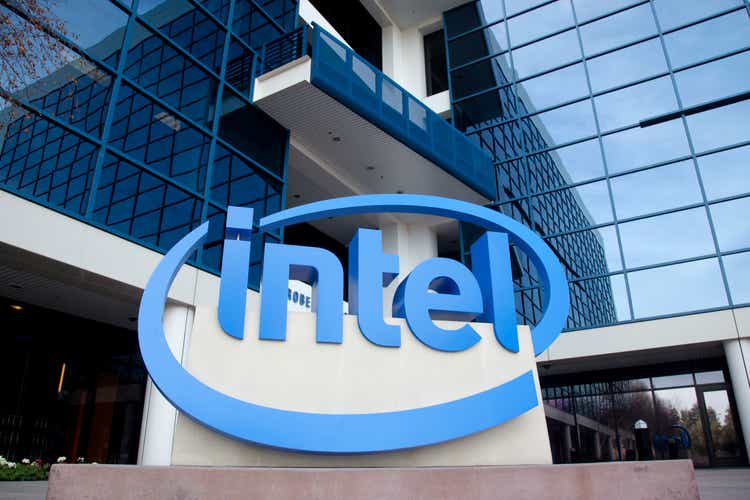- Indeed and Glassdoor are laying off 1,300 people. The CEO of the parent company that owns both job-hunting platforms extolled the virtues of AI in the memo announcing the cuts. The companies have cut 3,200 jobs in the past two years.
As if to underline just how unstable today’s job market is, job-hunting platform Indeed has instituted a series of layoffs.
The company and Glassdoor, which are both owned by Japan’s Recruit Holdings Co., are cutting approximately 1,300 jobs as artificial intelligence takes a larger presence at the companies.
The move will also see the departure of Glassdoor CEO Christian Sutherland-Wong.
Two departments are affected: research and development, and people and sustainability. In a memo announcing the personnel cutbacks, Recruit CEO Hisayuki “Deko” Idekoba lauded the power of AI, writing “AI is changing the world, and we must adapt by ensuring our product delivers truly great experiences. Delivering on this ambition requires us to move faster, try new things, and fix what’s broken.”
Sutherland-Wong’s departure comes as Glassdoor, which offers employee reviews of businesses, will see its operations folded into Indeed.
The cuts follow another 1,000 layoffs at Indeed and Glassdoor in 2024 and about 2,200 in 2023. It’s unclear how many workers the companies will have remaining after this round.
The cuts at Indeed and Glassdoor come as the job market overall gets worse. While unemployment is still low at 4.2%, a report from The Ludwig Institute for Shared Economic Prosperity, a nonprofit focused on economic and policy research, found nearly a quarter of Americans are “functionally unemployed.” And 20% of job seekers have been looking for work for 10 to 12 months or longer.
Gen Z, meanwhile, is finding entering the workforce to be especially harrowing, as entry-level jobs dry up in part due to the threat of AI. LinkedIn’s chief economic opportunity officer, Aneesh Raman, has likened the shift to the decline of manufacturing in the 1980, writing in a New York Times op-ed, “Now it is our office workers who are staring down the same kind of technological and economic disruption. Breaking first is the bottom rung of the career ladder.”
This story was originally featured on Fortune.com

 4 hours ago
1
4 hours ago
1






















 English (US) ·
English (US) ·